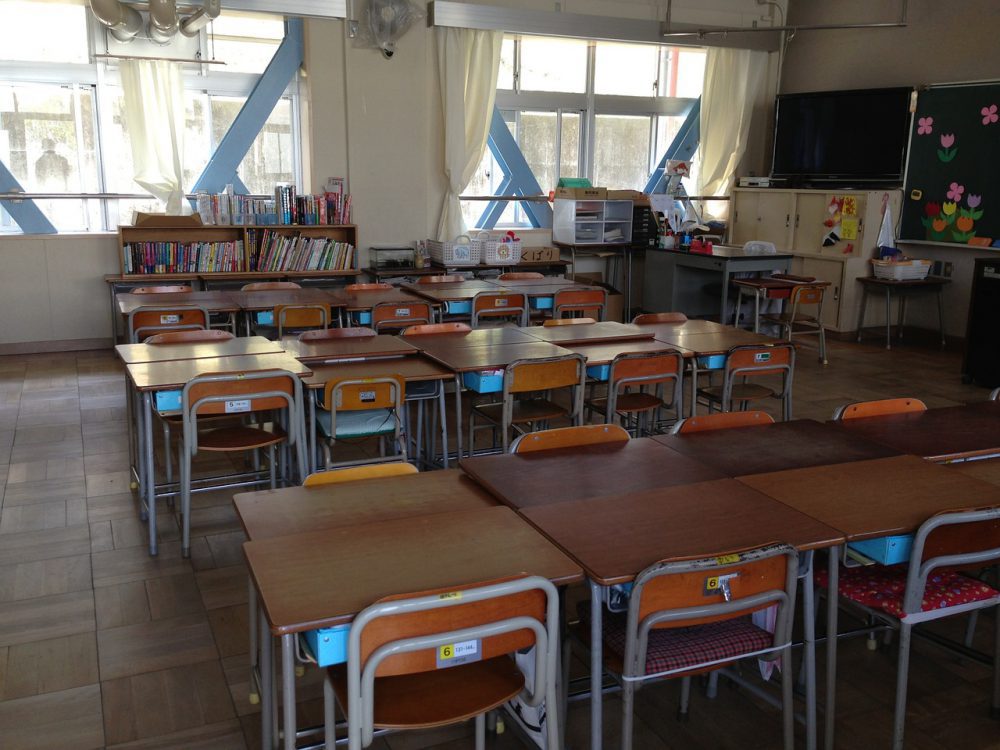Digital education investments in West African countries is being hailed as a positive step in moving the education system to a STEM-based curriculum. These will give students a competitive edge and raise the standards of learning in these countries.
Education is undergoing major changes in West African countries. The countries are now tailoring their school education to fit with the demand for future job markets. To put it into perspective, 65 percent of school children will be employed in job fields that are yet to be created.
These changes, however, have come with a couple of challenges such as teacher-student ratio and few educational resources. This has led to teachers being unable to teach soft skills such as problem-solving, critical thinking and team-building.
Schools also followed the model of the teacher-student-billboard which hindered proper learning of advanced technologies such as robotics and coding.
Lack of technological resources for teaching purposes has resulted in the majority of students choosing arts and literature. Still facing challenges of being underfunded, these students have also not been able to compete with the international job markets in these fields.
The majority of jobs being created in international market are science and math-related courses. At least, West Africa is setting its sight ahead by embracing Digital education.
What has caused lagging in Digital education
Most school administrators have admitted that they are not aware of digital education. This has placed them at odds with their governments which have outlined their commitment to this field.
They have indicated their support for developing hard skills for digital education such as computing and programming in their education system, investment in Science, technology, engineering and math (STEM) courses to aid in the development of these countries.
Companies such as Ateliers Des Genies have realized that there is a gap in the education system in these countries and have put resources, time and efforts to help in solving the problems. An example is, Ateliers Des Genies is providing learning programs to youths mostly in technological sciences.
Partnerships with local schools have also greatly helped in ensuring that they are able to move to a STEM-based system.
Governments from the developed world are also involved in the effort to bridge the gap between the international standard of education and what is currently offered in these countries. They have done this by offering aid and grants, opening opportunities for bright students for further studies and providing professional guidance to the governments.
In case you are wondering about Digital education terminologies:
e–Learning – or electronic learning – has been referred to as “technology-enhanced learning,” and more recently as “digital learning.” e–Learning describes a set of technology-mediated methods that can be applied to support student learning and can include elements of assessment, tutoring, and instruction.







